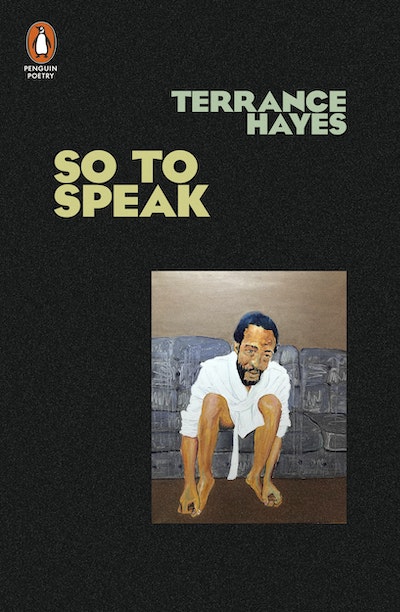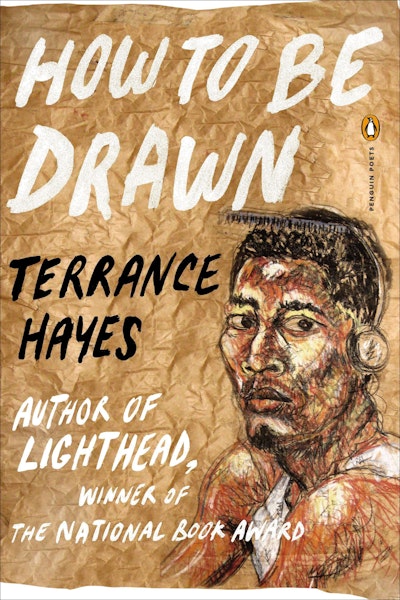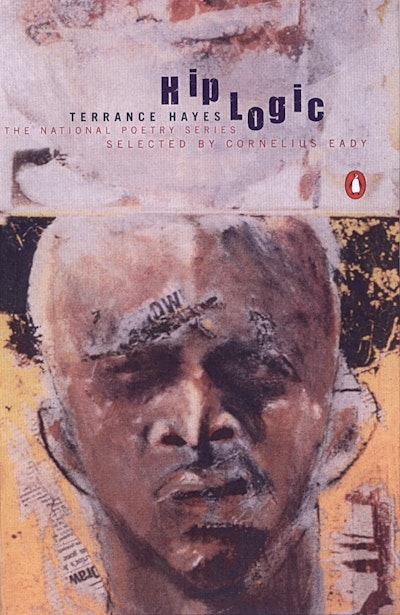So To Speak
- Published: 27 July 2023
- ISBN: 9781802063400
- Imprint: Penguin eBooks
- Format: EBook
- Pages: 112
These are pieces that fuse trauma and humor, erudition and silliness in ways that somehow preserve those disparate qualities
Ron Charles, The Washington Post
Hayes is a maestro of poetic forms and these poems sing with a musical dexterity that embraces vulnerability and ambiguity . . . So to Speak reads like an ambitious mixed-media project questioning the role of art in representing suffering . . . Soul-searching questions ripple through a series of electrifying American Sonnets about James Baldwin, Audre Lorde, Octavia E Butler, Aretha Franklin and Nina Simone, reimagining the works and voices of many black cultural icons.
Guardian
Hayes’ poems never fail to play, thrillingly, with the constraints of form, and they engage with culture, past and present, while remaining deeply rooted in the personal. Don’t miss this one.
Lit Hub
[A] polyphonic, multivalent collection of poetry . . . Hayes' role as an oracle of the auricular remains remarkable . . . The poet's nimble knowledge of music and visual arts is notable . . . Throughout, Hayes continues to stretch the limits of language and explore the far regions of English, while his formal experimentation shines . . . May this poet's brilliance always shine.
Booklist (starred review)
Across three various and virtuosic sections, Hayes examines the personal and public, from fatherhood to the murder of George Floyd, in his muscular and meditative seventh collection. With a masterful eye for image and description . . . Hayes’s writing unfolds musically and dynamically . . . These original, ruminative poems showcase one of the most rightly acclaimed poets writing today.
Publishers Weekly (starred review)
Like the great composers and musicians—like Thelonious and Miles, like Bach—Hayes is ever witty and elegant. His concerns are unexpected and yet right on time. His verse is so close to music, you’ll wonder if you’re reading words or notes. Solemnly elegiac and brokenheartedly playful, So to Speak is poetry of pure genius.
Toi Derricotte
Hayes’ new work is as vital and energetic as ever, but there’s also a new tone in many places here—penitent, self-inculpatory. These are the poems of a certain age: scars so old others must tell you how they are made. Hayes’ invention allows his poetry to house almost anything: from the political to the sensual, from a magic goat to a talking cat. He is a singular poet, and this book a singular achievement.
Nick Laird









